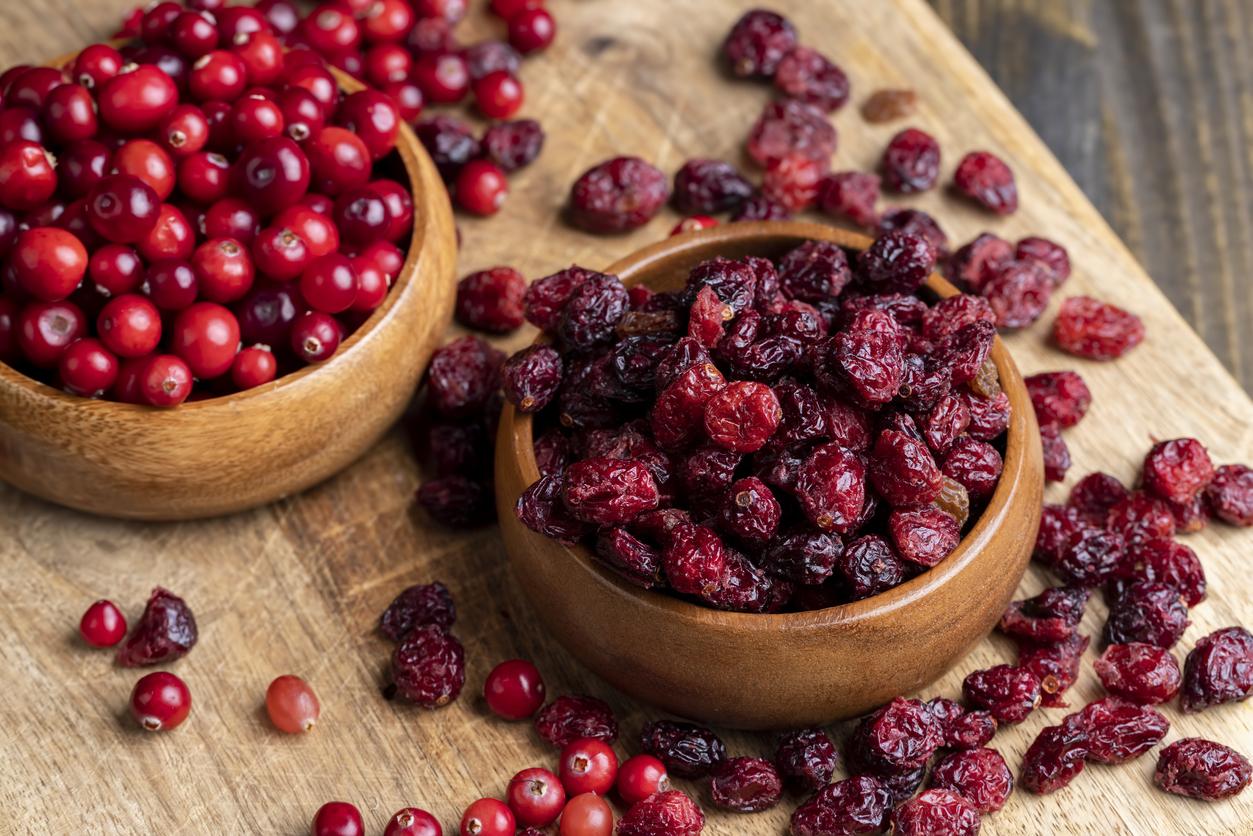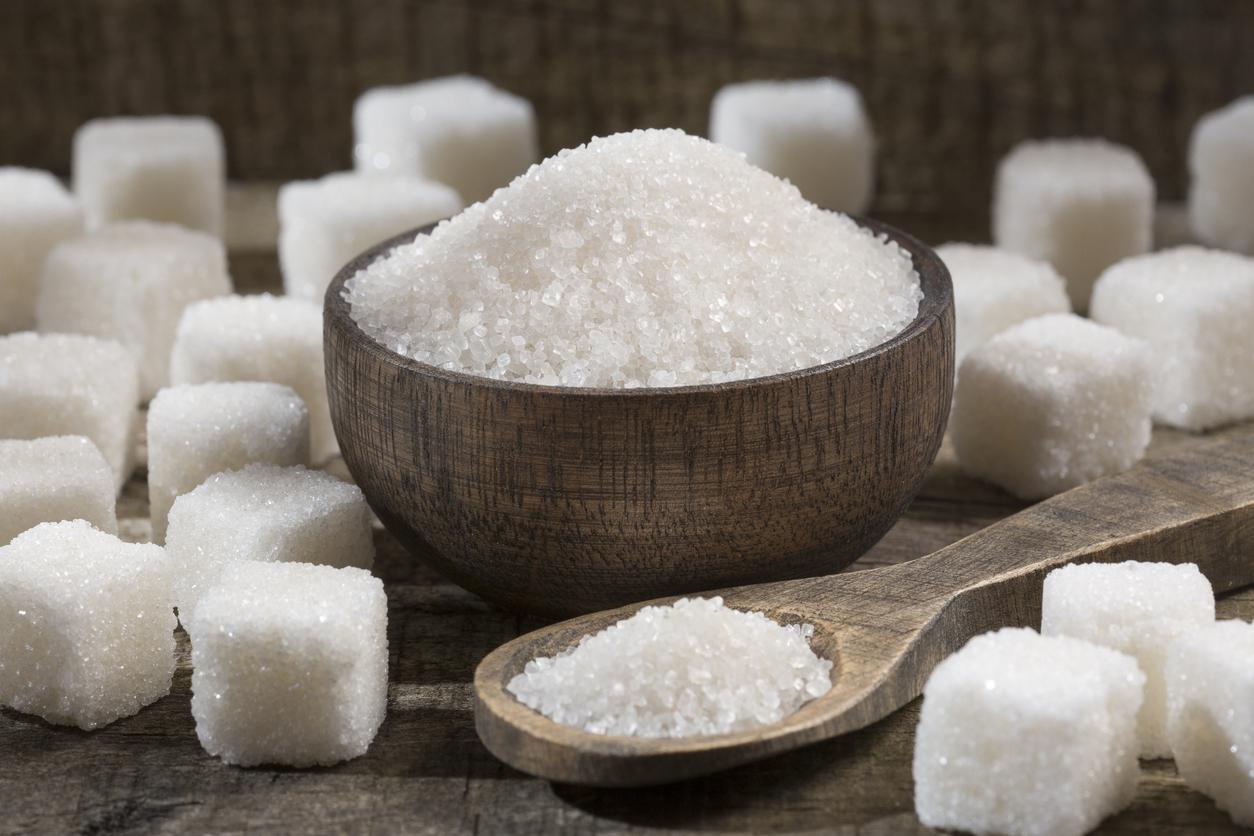
Calcium is useless without vitamin D
Preventing brittle bones is possible with the right nutrition. And not just with the calcium from dairy products. What else do you need for strong bones?
Bone tissue is living tissue that is constantly being built up and broken down again. That is why different nutrients are needed every day to keep the bones as strong as possible, even in old age and especially for those who already have brittle bones.
So eating well is important, but don’t expect miracles from nutrition. You can unfortunately no longer ‘eat’ bone tissue. With exercise, good nutrition and sunlight you can slow this process down.
Calcium
By far the best known nutrient for strong bones is calcium (calcium). This mineral is abundant in dairy products. Calcium – and therefore also dairy – has been the undisputed champion in nutrition information for years when it comes to strong bones. Highly recommended by Joris Driepinter. In the meantime, emphasis is also being placed on other nutrients for the bones, such as vitamin D and vitamin K.
The current recommendation for calcium in the Netherlands is 1100 mg per day for people over 50. That’s roughly equivalent to three servings of dairy, plus the other dietary calcium sources. Because vegetables, legumes and nuts also contain calcium, and the remarkable thing is that the calcium from these products is absorbed better in proportion. For example, 52 percent is absorbed from broccoli and even 59 percent from kale. You should therefore not dismiss those sources of calcium, even though they contain relatively less calcium than dairy.
Vitamin D
You can still get so much calcium with your diet, without vitamin D the body has nothing to do with it. This vitamin is necessary to build calcium into the bones. Vitamin D is a special vitamin. First of all, this is the only vitamin that the body can make itself in the skin, from sunlight. This process only takes place if the solar heat is strong enough: from April to October. Get outside for at least 15 to 30 minutes a day during these months. With age, the production of vitamin D in the skin decreases.
The second unique point about vitamin D is that the Health Council advises a very large group of people in society to take extra supplements (see table). It is really important to follow this advice, because shortages are regularly found. This is the case in 5-10 percent of adults, 50 percent of the elderly and no less than 90 percent of people
in a nursing home.
These deficiencies can not only lead to brittle bones, but also to muscle weakness, fatigue, more chance of falls, reduced resistance. By the way, vitamin D is also found in a few foods: fatty fish, eggs and liver. It is added extra to low-fat margarine and margarine.

Vitamin K
A lesser known vitamin for strong bones is vitamin K. Like vitamin D, this vitamin also influences the process of bone building. Nutritionist Suzan Tuinier of the Vitamin Information Bureau: “There are two forms, vitamin K1 and vitamin K2. Both forms have a positive influence on bone metabolism. Green leafy vegetables are high in vitamin K1. We get vitamin K2 from fermented products, such as cheese, yogurt and sauerkraut.
A very rich source of vitamin K2 is natto, an oriental fermented product based on soybeans (for sale at the toko). The bacteria in the gut, called the gut flora, can also produce vitamin K2. This vitamin is then absorbed back into our body.” It is therefore also important for strong bones to keep your intestinal flora healthy. This can be done, for example, by eating fiber-rich foods, such as vegetables, legumes, fruit, whole grains and nuts.
Magnesium
Another mineral important for strong bones: magnesium. Magnesium deficiencies seem to be rare, because it is abundant in our diet. If you eat a varied diet, with enough vegetables and fruit, you usually get enough of them.
Minerals are all about balance. If you add one extra mineral, for example by taking a calcium supplement, it can cause a magnesium deficiency. The best way to keep the balance is to eat healthy and wholesome. Fewer and fewer doctors are therefore advising to take extra calcium or magnesium, especially not in high doses.
Healthy food, with extra vitamin D
Strong bones through healthy eating? Choose a varied diet with lots of vegetables and a few servings of dairy per day. Do not take extra calcium, but do take vitamin D.
This is how bones become weaker…
Some medications and foods reduce the benefit of vitamin K, vitamin D, calcium, and magnesium in your diet.
- Vitamin K is counteracted by anticoagulant drugs. That is also the intention, because it reduces the risk of blood clots. Consult with a doctor about the possible effect on the bones, but under no circumstances take extra vitamin K. This could counteract the effect of the anticoagulant medication.
- Statins (cholesterol lowers) can reduce the production of vitamin D in the body. This may explain the muscle complaints (muscle pain, cramps, fatigue and muscle weakness) that 1 in 10 statin users suffer from. Research shows that extra vitamin D can make these complaints disappear.
- Loop diuretics (water tablets) increase the excretion of magnesium and vitamin B1. Take magnesium-rich snacks: nuts, seeds and soy products.
- Soda can cause bones to weaken. Research shows that the risk of a hip fracture increases in women who drink soft drinks. What exactly is not yet known. The bones may become weaker due to the high phosphorus content in soda, which inhibits the absorption of calcium.
- Excessive alcohol consumption increases the excretion of magnesium and calcium and hinders calcium absorption.

Sources):
- Plus Magazine
















